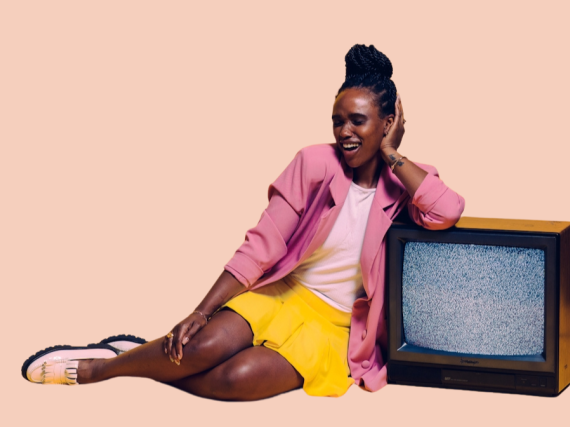What a Healthy Relationship Looks Like: Teen Edition
In April we recognize Sexual Assault Awareness Month. One in three teens in the US will experience physical, sexual, or emotional abuse during a relationship. Nearly half of women will experience it in college. So, you may ask, how can you tell the difference between a healthy and unhealthy relationship?
It can actually be broken down into a couple of different factors: using coercion and threats, intimidation, emotional abuse, isolation, children, male privilege, or minimizing, denying and blaming abuse on their partner to control them. More specific examples include your partner not letting you see your friends, constantly looking through your phone, telling you what you can or can’t wear, or even acting like the abuse never happened in the first place (aka gaslighting). Dating violence can affect anyone, no matter their age, gender, religion, or race, whether they themselves are the perpetrator or the victim.
Here are some ways you can ensure you have and maintain a healthy relationship:
Communication
Good communication is key to any relationship. Expressing your thoughts or feelings and resolving anything before it becomes an argument is a great indicator that the communication you and your partner have is working. If it does get to the point of an argument, the most important thing to remember is to respect the other person and come to terms with the fact that they may have a different perspective or viewpoint. Disagreeing shouldn’t mean yelling, feeling unsafe, or getting physical. In a healthy relationship, both partners should feel heard and understood, ultimately coming to an agreement or compromise.
Keep Your Individuality
When you’re with your partner, are you being your most authentic self? Yes, it’s a cheesy question, but it’s important to think about. Being around someone you love should feel comfortable, as you shouldn’t have to worry that they’re going to judge you or criticize you. You should feel safe and know that they will accept you for who you are. If you have to change yourself or are convincing yourself you can change someone else so you can be compatible, that might be a sign it’s not the best fit.
That doesn’t mean you should be identical twins! Having different interests or styles can make life interesting. Try embracing the differences you have with your partner. For example, if you enjoy different interests or hobbies, you and your partner can both learn more about each other from the other’s favorite things to do. Additionally, it’s okay to not spend every second with your significant other. A strong relationship is one in which you and your partner can be apart and happy, still knowing that you’re together at heart always.
Know Your Boundaries
Safety is something that cannot be negotiated. Ever. You should never feel unsafe when you’re with your partner, and if you do, it’s not healthy nor is it normal. Talk to your partner about how you’re feeling, but don’t be afraid to tell someone else as well. Reach out and get help if you feel unsafe or like your partner is pushing your emotional and/or physical boundaries.
Relax and Have Fun
We’re only teens once, and hey, what do we have to lose?
The time you and your partner spend together should be fun for the both of you. You don’t need to do anything super extravagant to have a great time. Whether you’re going to the movies or spending quality time together at home what’s important is that you both feel respected, listened to, and loved.
Hotlines/More information:
- National Domestic Violence Hotline (1-800-799-7233)
- LoveisRespect (1-866-331-9474), text “loveis” to 22522, or chat at loveisrespect.org
- The Trevor Project (1-866-488-7386)
- Teenwire.org
In the end, being in a relationship should be a positive aspect of your life. Not every single day may be the best with your partner, but there should never be a point where you feel unsafe or unable to express how you’re feeling.
Anna Labarca is a senior at Walt Whitman High School in Maryland. She writes for the student newspaper, The Black and White. She plans to study journalism in college and is interning at Power to Decide to learn more about the role communications has in campaigns.



